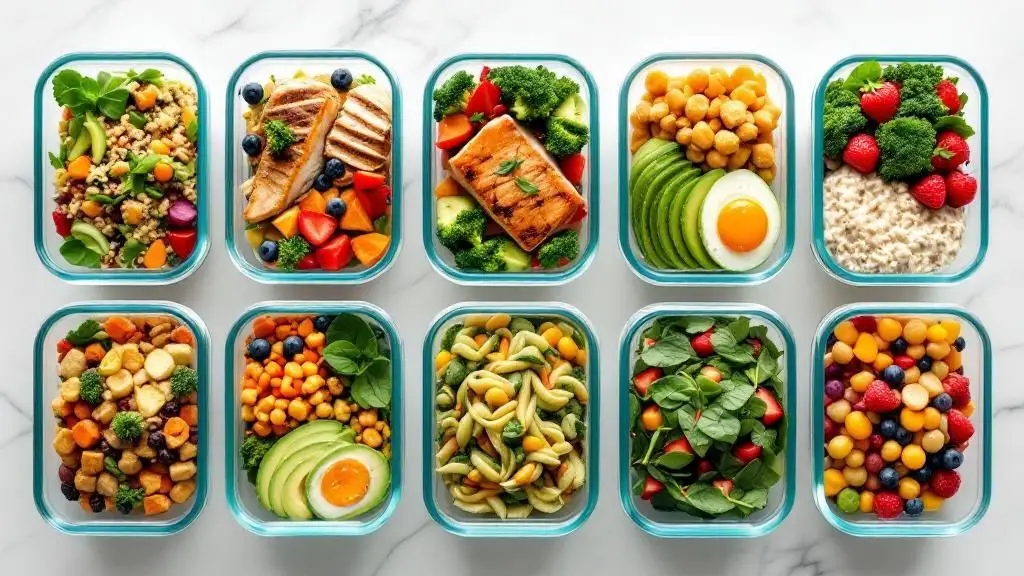
Craving for Ultra-Processed Foods Could Impact Your Health
- May 1, 2024
According to a comprehensive analysis in The BMJ published in February 2024, those individuals who consume a lot of ultra-processed foods (UPFs) may be raising their odds for 32 varied physical and mental health conditions. This analysis gathered data from several research studies involving upwards of 9.8 million participants who had filled out diet recall questionnaires and narrowed down that a penchant for UPFs might be linked to an increased possibility of diseases such as breast and colorectal cancer, heart disease, depression, and asthma, amongst others, happening during their lifetimes.
Given that about 73% of America’s food supply comprises UPFs and over 60% of daily caloric intake in the States is thanks to UPFs, these findings could be alarming. Before you decide to overhaul your diet completely, consider the view of Virginia-based registered dietitian and diabetes educator, Caroline Thomason, RD, CDCES.
According to Thomason, despite the bad rap that “processed food” has gotten, processing food has been part of culinary culture for centuries. We require it to ensure consistent food supply and have been creative in deriving nutrition from our food. For instance, wheat is processed into flour to bake bread, eggs are washed and pasteurized, and yogurt, canned and frozen vegetables, cheese, and milk, all undergo processing to some degree to ensure that they are safe and healthy for consumption.
Ultra-Processed foods or UPFs differ as they tend to be high in salt, sugar, and fat and are often loaded with chemical additives, explains Thomason. They are designed to tantalize our taste buds and trick our brains into craving for more, she adds. Examples include Cheetos, chicken nuggets, soft drinks, packaged cookies and crackers, frozen dinners, and boxed cereal; easy to overindulge foods often high in fat, sugar, and salt. Hence, it isn't surprising that overconsumption may yield negative health outcomes.
Thomason emphasizes the importance of finding a balance as labeling foods “good” or “bad” is not an effective health strategy. UPFs provide necessary calories for athletes and people with texture and sensory disorders. “Ultra-processed foods are part of modern-day American culture,” she adds, indicating that eliminating UPFs altogether isn't practical nor will occasional consumption significantly affect one’s health. Enjoying these foods in moderation and savoring them for pleasure is also essential.
Pete Wilde, a professor and emeritus fellow at Quadram Institute Bioscience in the United Kingdom, agrees, emphasizing that all foods have potential benefits and detriments. Instead of demonizing all UPFs, finding the right balance between enjoyment and a healthy, long life is vital. For guidance, you might consider seeking advice from the CDC.






